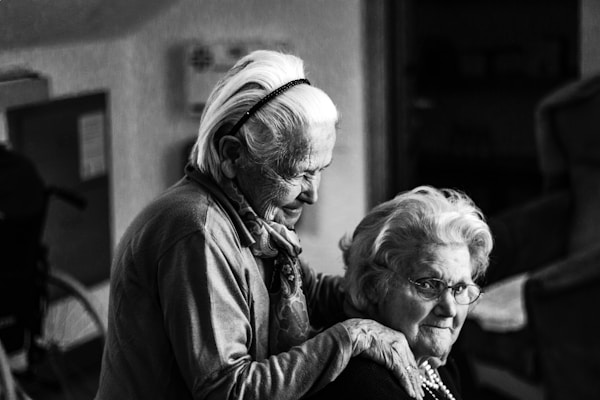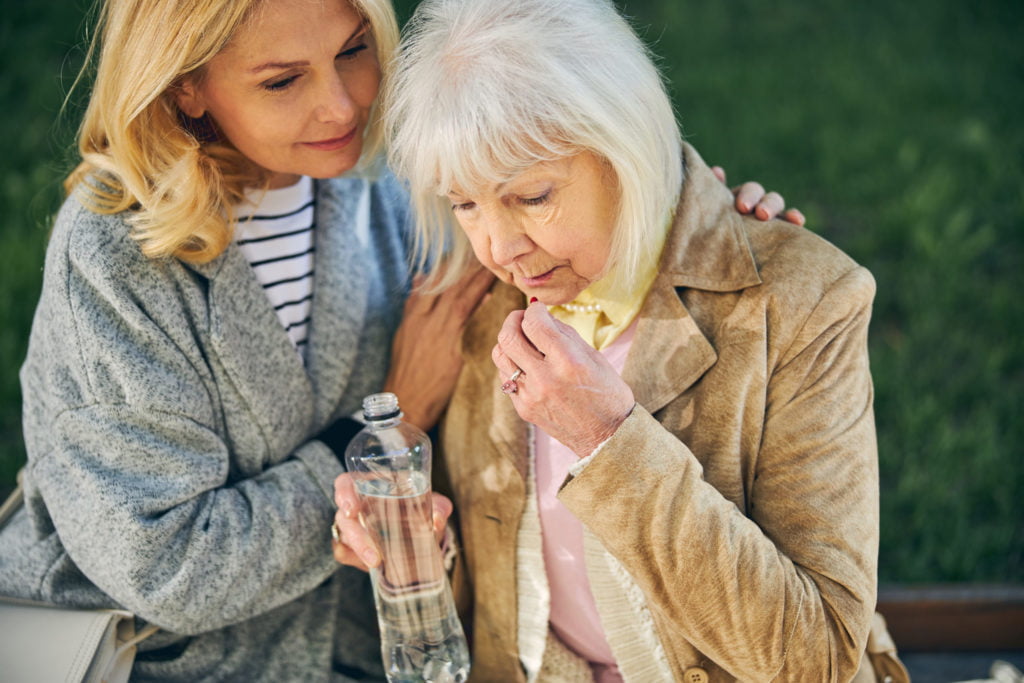It can be difficult to tell if a loved one is being abused in a nursing home. However, if you think something is going on, there are some steps you can take to find out more and protect your loved one. Keep reading this helpful guide to learn more about the steps you need to take to protect your loved one.
Get a lawyer.

It can be difficult to tell if your loved one is abused in a nursing home. However, if you suspect abuse is happening, getting a lawyer involved is important. There are a few different types of nursing home abuse that you may be able to identify. Physical abuse can include bruises, welts, cuts, and fractures. Sexual abuse can involve rape, molestation, or inappropriate touching. Emotional abuse can involve humiliation, intimidation, or threats. Financial abuse can involve misusing or stealing your loved one’s money or belongings.
If you suspect abuse, it is important to get in touch with the best nursing home abuse attorneys involved as soon as possible. Lawyers can help you gather evidence of abuse and file a claim against the nursing home. It is also important to speak to a lawyer if your loved one has been injured due to abuse. If you would like more information on nursing home abuse, please contact our office.
Report suspected abuse to nursing home staff.

If you suspect your loved one is being abused in a nursing home, you should report any abuse you suspect to the nursing home staff—ideally the management team. According to the National Center on Elder Abuse, one in ten older adults experiences some form of elder abuse each year, so it’s important to report it as soon as you notice it. Nursing home abuse can be investigated by the nursing home staff team and later addressed. They may be able to prevent the abuse from happening again and take appropriate action by firing the assailant. It is also important to keep a record of any abuse that occurs, including the incident’s date, time, and description. This information can help support your case when you decide to pursue legal action with an attorney. Keep in mind that reporting abuse to staff won’t always get your loved one the justice they deserve, so continue to consult with your lawyer as you’re in the process of talking to the nursing home team.
Cooperate with police investigations.
If you have any reason to believe that your loved one is being abused in a nursing home, it’s important to cooperate with any investigations by the police or elder abuse officials. This includes providing any evidence or testimony that may be needed to help prosecute the abuser. You should also continue to visit your loved ones regularly and keep an eye on their condition so that you can identify any potential signs of abuse and report them to the police. If officials ask you any specific questions or require evidence, try your best to comply and collect anything that could help them speed up their investigation.
Create a safety plan for your loved one.
If you suspect your loved one is being abused while in a nursing home, it is important to take action by creating a safety plan for your loved one in case of emergency or further abuse. This plan should include contact information for family and friends who can help and a list of safe places for your loved ones to go if they need to leave the nursing home. You should always keep a copy of the safety plan with you. Try to consistently report any signs of abuse, such as bruises, cuts, or burns, to the nursing home staff and local authorities. It is also important to talk to your loved ones about what is happening and make sure they feel comfortable talking to you about their experience in the nursing home.
Talk to other family members and friends about your concerns.
When you have any concerns about your loved one being abused while in a nursing home, don’t forget to reach out and talk to other family members and friends about your concerns—this will help you get a better understanding of what might be happening. It will also help you come up with a plan for how to address the situation. Additionally, connecting with family members will help you adjust to this situation and approach it with a clear mind and level head. Having your loved ones on your team will also make the entire process less of a burden on you.
It’s important to be aware of the signs of abuse and to take action if you suspect your loved one is being abused in a nursing home. Abuse can have serious consequences for the victim, and it is important to get help if you think that someone you love is being abused.



